Iraqi legislators schedule confidence vote for new government
Iraqi lawmakers say they will hold a vote-of-confidence session for Prime Minister-designate Mohammad Tawfiq Allawi later this week, following months of intense protests accusing the former government of corruption and mismanagement.
Allawi, a 65-year-old former communications minister, was appointed as the new premier by President Barham Salih earlier this month, after the divided parliament missed a February 1 deadline set by the president to nominate someone for the post.
Allawi, whose appointment came some two months after former Prime Minister Adel Abdul Mahdi resigned in the wake of unprecedented anti-government protests, had earlier called for a Monday vote and his request was supported by his predecessor and Deputy Parliament Speaker Hassan Karim al-Kaabi.
Influential Shia cleric Moqtada Sadr, whose bloc is the largest in parliament, also supports Allawi. It had threatened to organize mass protests outside parliament unless the legislators backed the new premier’s cabinet in a confidence vote on Monday.
However, the Iraqi parliament, known as the Council of Representatives of Iraq, said in a statement on Monday that the confidence-vote session would be held on Thursday.
Months of political turmoil began in Iraq in early October last year, when public grievances grew, pressing the government to bring in reforms that would root out corruption and alleviate the economic woes.
Demonstrations, however, soon turned violent, amid reports of foreign interference. Hundreds of people, including members of security forces, were killed.
In November, Abdul Mahdi stepped down. The parliament approved his resignation in early December, but he had retained the position ever since as caretaker prime minister.
Allawi, the son of a wealthy Iraqi industrialist who educated at the American University of Beirut, is a cousin of pro-Western Shia politician Ayad Allawi, a figure who has been at the heart of many political disputes in Iraq for the past years.
Mohammad Allawi has a reputation of repeatedly clashing with Nouri Maliki, a key political figure known for his anti-American positions who led two governments in Iraq after the 2003 US invasion of Iraq.
Iran reports 11% drop in domestic red meat supply
Arab League affirms support for Iraq amid Israel's threats of military action
VIDEO | Fierce fight in Southern Lebanon
Over 1000 medics killed in Gaza as Israel systematically targets hospitals
Iran’s steel output down 1.9% y/y in October to 3 mln mt: Worldsteel
Islamabad in lockdown as Imran Khan supporters march for his release
VIDEO | Russia's new hypersonic missiles target Ukraine
VIDEO | US expands military role in Yemen




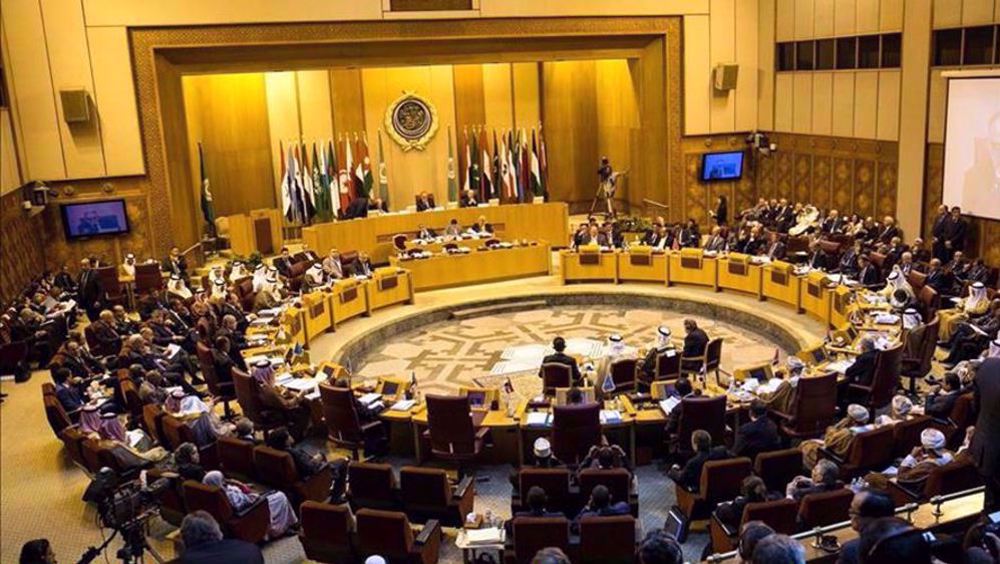
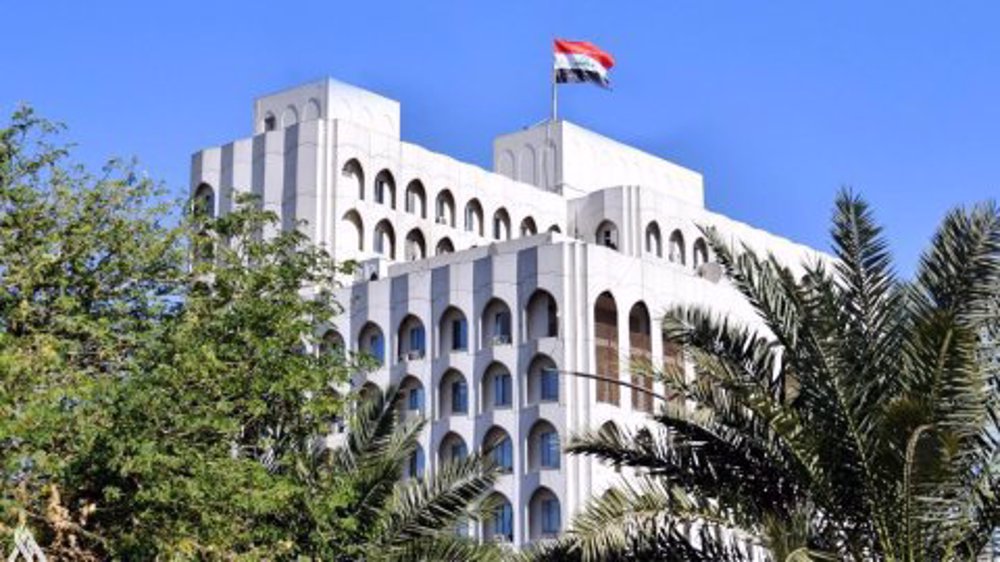
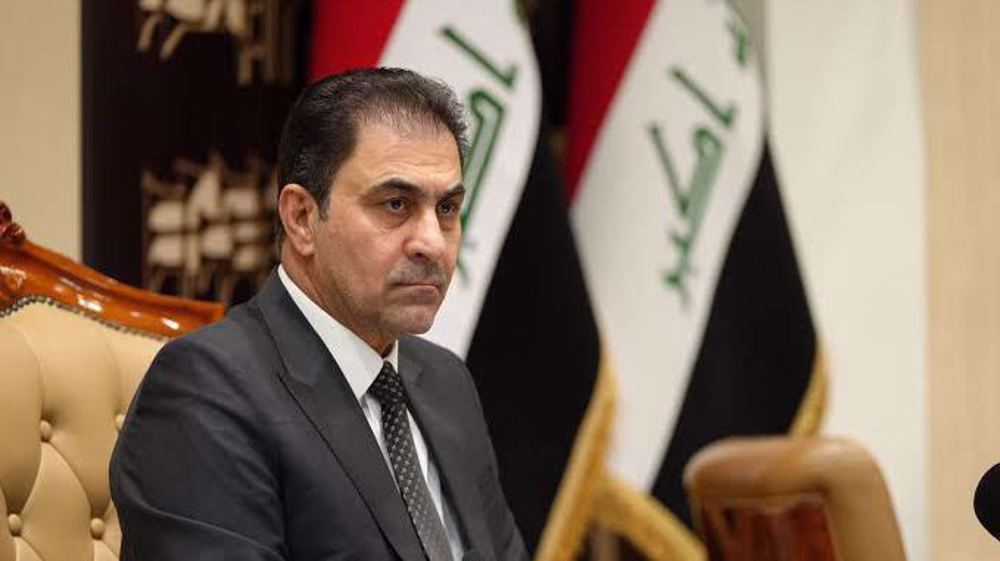



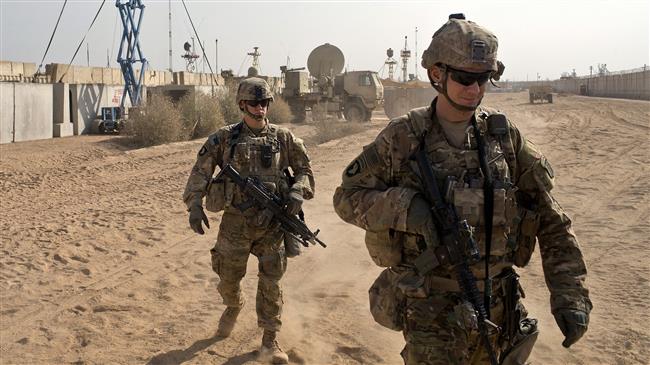
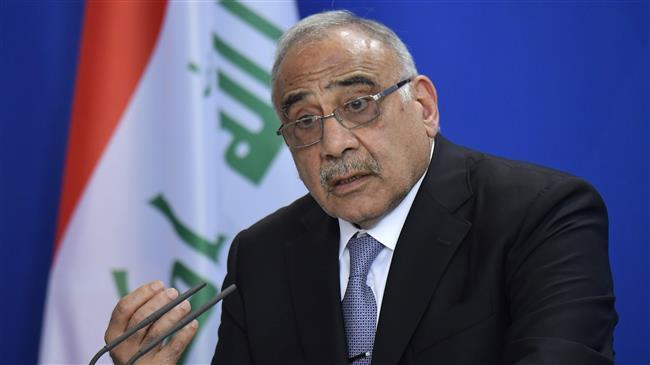

 This makes it easy to access the Press TV website
This makes it easy to access the Press TV website